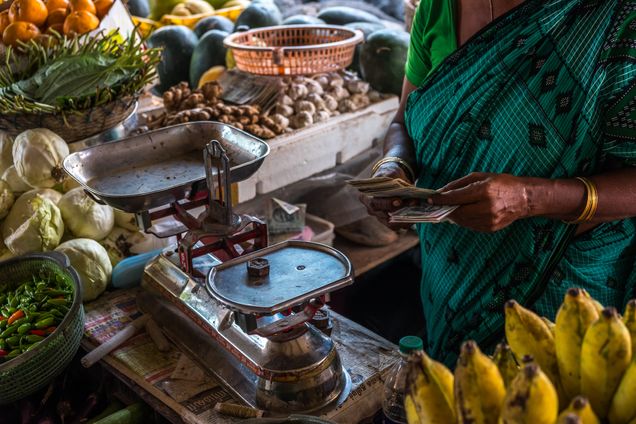To Improve Female Political Representation, Elevate Social Support for Women’s Wealth

By Rachel Brulé and Nikhar Gaikwad
One striking casualty of the global pandemic has been the decline in women’s wealth.
This helps to explain two striking features of the slower-than-anticipated COVID-19 “recovery” in the US: the “great resignation” where the labor force continues to shrink despite 7 million US workers losing unemployment benefits as of September 2021, and the record-low birth rate in 2020. What else happened last year? Women lost 1 million more jobs than men.
Reflecting on the pandemic, men are 2.3 times more likely than women to say working from home during the pandemic benefited their careers; for those with children at home, fathers are 3.7 times more likely than mothers to say the same. The impact on women’s relative salaries, trajectories and familial demands compounds over time.
The continued inability of US politicians to fix a broken childcare system has led many mothers to delay childbearing and career advancement, despite negative economic consequences. COVID-19 has also made clear the power of cultural norms prescribing the gendered division of labor within families. These cultural norms not only perpetuate economic inequality – determining who specializes in unpaid caregiving versus paid labor – they also structure the political fabric of our societies, in which women are severely underrepresented globally.
In a new study published in The Journal of Politics, we identify a key factor driving women’s low rates of political engagement and policy representation globally: cultural norms about which gender owns and controls wealth.
When women have socially-sanctioned control and ownership over wealth, they are more likely to have a louder voice in families and politics. This implies that pandemic disruptions to women’s work and wealth are poised to translate into lower female political representation and fewer policy remedies for women.
What does the relationship between social norms and political representation look like in places where norms channel wealth to women? In remote Meghalaya in northeast India, the Khasi, Garo and Jaintiya tribes practice matriliny, where customs mandate wealth and property travel from mothers to daughters. Living side-by-side are patrilineal groups, which pass wealth from fathers to sons. Both sets of groups share the same political system and laws, allowing us to isolate the impact of lineage norms on political action.
Employing surveys, behavioral experiments and extensive qualitative research in Meghalaya, we investigated whether political engagement varied by respondent gender and community norms about wealth control. Being politically engaged takes time and resources, so we expected women in matrilineal communities would demonstrate the same advantage in political engagement that men traditionally hold in patrilineal communities.
We found that when women have economic power, the gender gap in political participation across cultural groups flips. Traditional wealth owners—men in patrilineal communities, like men in most of the world, but also women in matrilineal communities—are more politically engaged than their culturally-excluded genders. They are more likely to vote, trust their political institutions and parties and hold their political representatives accountable.
But do differences in lineage norms also explain the gender gap in policy preferences about the welfare state?
We found that men and women hold different preferences about the size of the welfare state in patrilineal groups (like the rest of the world), but similar priorities in matrilineal groups. In patrilineal groups, men own and manage wealth and are thus sensitive to redistribution costs. Women, in contrast, do not own or manage wealth, and thus support welfare policies as a channel to access valuable resources at any cost, but have less ability to voice these preferences.
In matrilineal groups, by contrast, women have economic power, but men hold social and political power. This induces women and men to cooperate in allocating family finances. This collaboration closes the gap in preferences between the genders.
Western societies have made limited progress in equalizing opportunities for women, but periods of intense crisis and economic insecurity can be a period of norm transformation. Changes in the gendered division of labor during the pandemic are one manifestation of this trend. The global pandemic tilted the scale of unpaid “care” work women are widely expected to perform far beyond what Arlie Hochschild dubbed the “second shift,” effectively shrinking women’s opportunities to accrue wealth.
Our research suggests that norms regarding wealth ownership and control are crucial levers that may block or advance the global COVID-19 recovery. We cannot afford the political status quo that excludes female policy preferences from COVID-19 recovery plans and other facets of political life, and yet, it will persist as long as it takes to advance social “infrastructure” through Congress in policies such as expanded childcare and early education.
In the meantime, fostering gender-inclusive norms that support women’s control of wealth would go a long way towards truly building back better.
Nikhar Gaikwad is an Assistant Professor in the Department of Political Science and a Member of the Committee on Global Thought at Columbia University.
Read the Journal Article